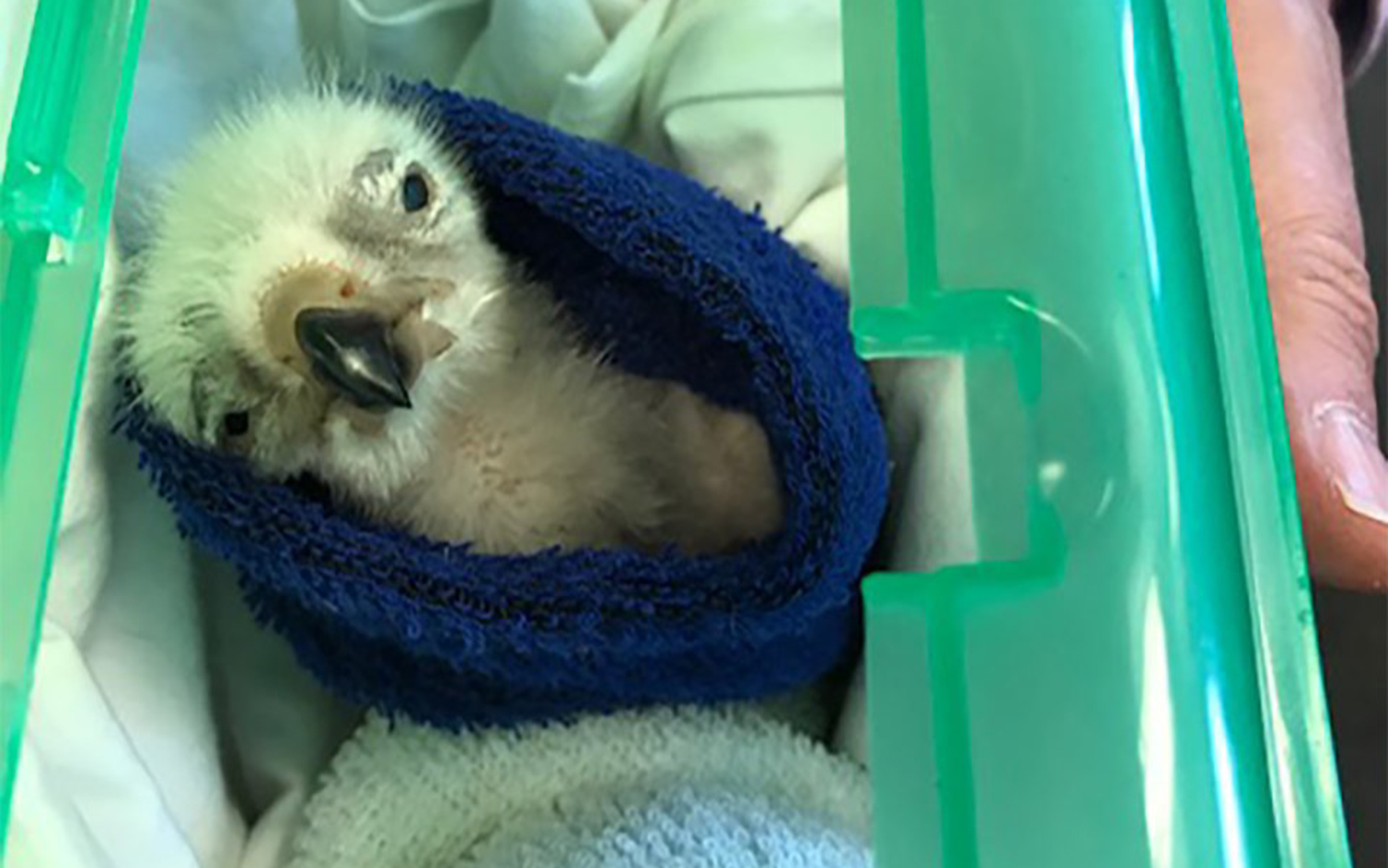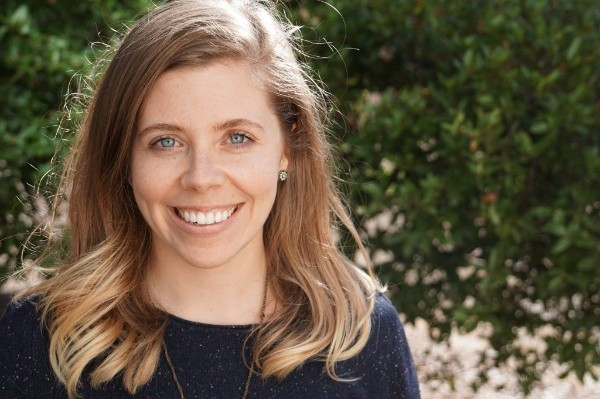Man Tries to Smuggle 19 Raptor Eggs Through Heathrow Airport — And 2 Hatched

Get the world’s most fascinating discoveries delivered straight to your inbox.
You are now subscribed
Your newsletter sign-up was successful
Want to add more newsletters?

Delivered Daily
Daily Newsletter
Sign up for the latest discoveries, groundbreaking research and fascinating breakthroughs that impact you and the wider world direct to your inbox.

Once a week
Life's Little Mysteries
Feed your curiosity with an exclusive mystery every week, solved with science and delivered direct to your inbox before it's seen anywhere else.

Once a week
How It Works
Sign up to our free science & technology newsletter for your weekly fix of fascinating articles, quick quizzes, amazing images, and more

Delivered daily
Space.com Newsletter
Breaking space news, the latest updates on rocket launches, skywatching events and more!

Once a month
Watch This Space
Sign up to our monthly entertainment newsletter to keep up with all our coverage of the latest sci-fi and space movies, tv shows, games and books.

Once a week
Night Sky This Week
Discover this week's must-see night sky events, moon phases, and stunning astrophotos. Sign up for our skywatching newsletter and explore the universe with us!
Join the club
Get full access to premium articles, exclusive features and a growing list of member rewards.
It's unusual for airport security to need to pull aside a traveler for carrying eggs in their waistband, but that's exactly what happened at Heathrow Airport in London, the HuffPost reported. It turns out the eggs weren't tucked away so they could later become smelly airplane snacks. These eggs held very alive baby South African birds of prey inside them.
Border officials seized the 19 eggs that were packed into a body belt worn by a 56-year-old Irish man traveling from South Africa, the HuffPost reported. Two of the eggs were newly hatched, revealing fuzzy white vulture chicks — not exactly the exotic bird one might associate with the illegal animal trade. And they're adorable, to boot.
The United Kingdom's Home Office — the government agency responsible for immigration and security — identified the remaining eggs as those of other South African raptor species such as eagles, hawks and kites. [In Photos: Birds of Prey]
Vultures and birds of prey don't make good souvenirs or pets and are illegal to have because they are internationally protected under the Convention on International Trade in Endangered Species (CITES) agreement.
The main reason for illegal trade of these birds is financial gain, according to Raptor Aid, an English charity dedicated to protecting birds of prey. The birds are sold in pet markets in Thailand and places in the Middle East, Raptor Aid said on its website. Overall, the illegal wildlife trade is a more than $6 billion industry.
The Irish smuggler was arrested, and the case is under investigation by the National Crime Agency, the HuffPost reported. The birds from all 19 eggs now face a better future and are in the hands of specialists, the Home Office told the HuffPost.
Get the world’s most fascinating discoveries delivered straight to your inbox.

Kimberly has a bachelor's degree in marine biology from Texas A&M University, a master's degree in biology from Southeastern Louisiana University and a graduate certificate in science communication from the University of California, Santa Cruz. She is a former reference editor for Live Science and Space.com. Her work has appeared in Inside Science, News from Science, the San Jose Mercury and others. Her favorite stories include those about animals and obscurities. A Texas native, Kim now lives in a California redwood forest.
 Live Science Plus
Live Science Plus










